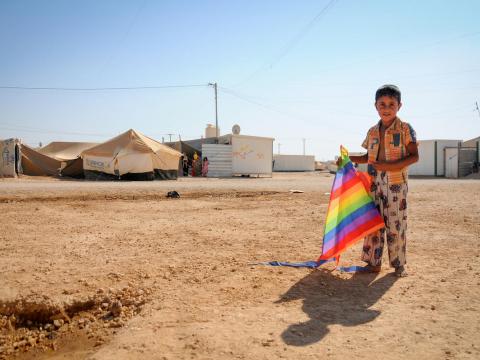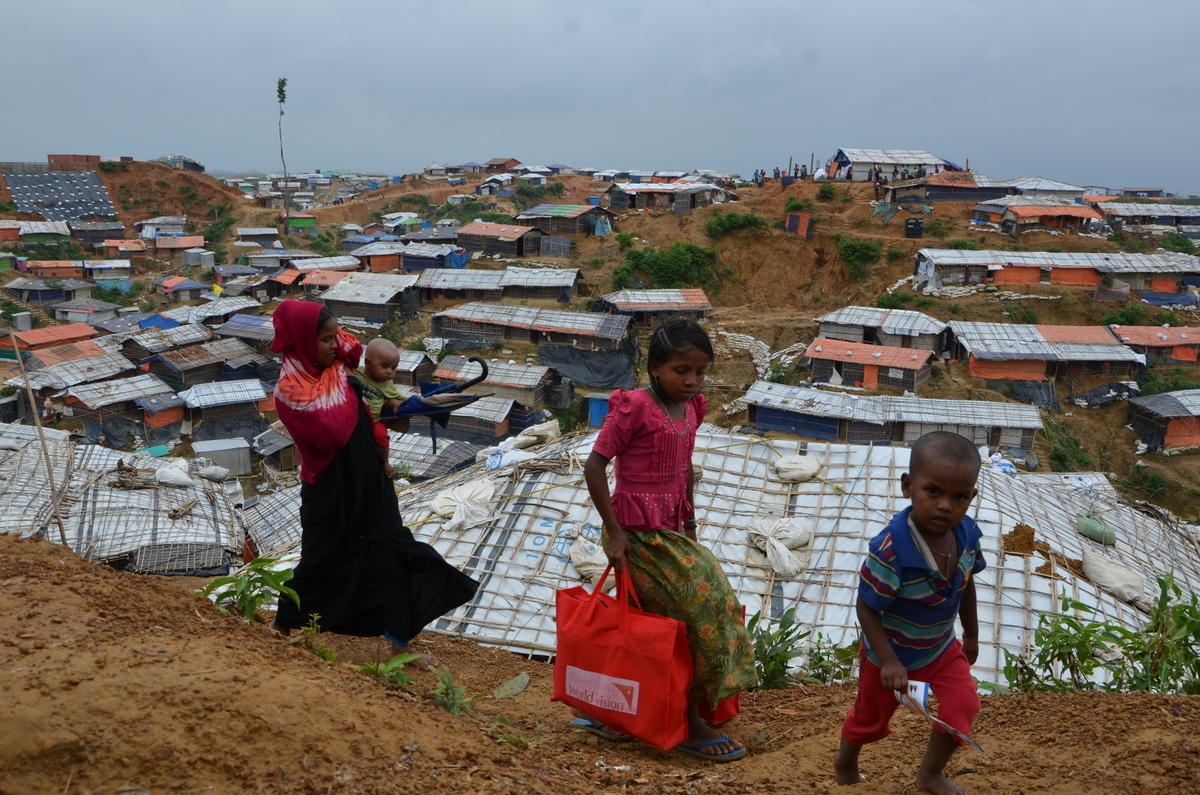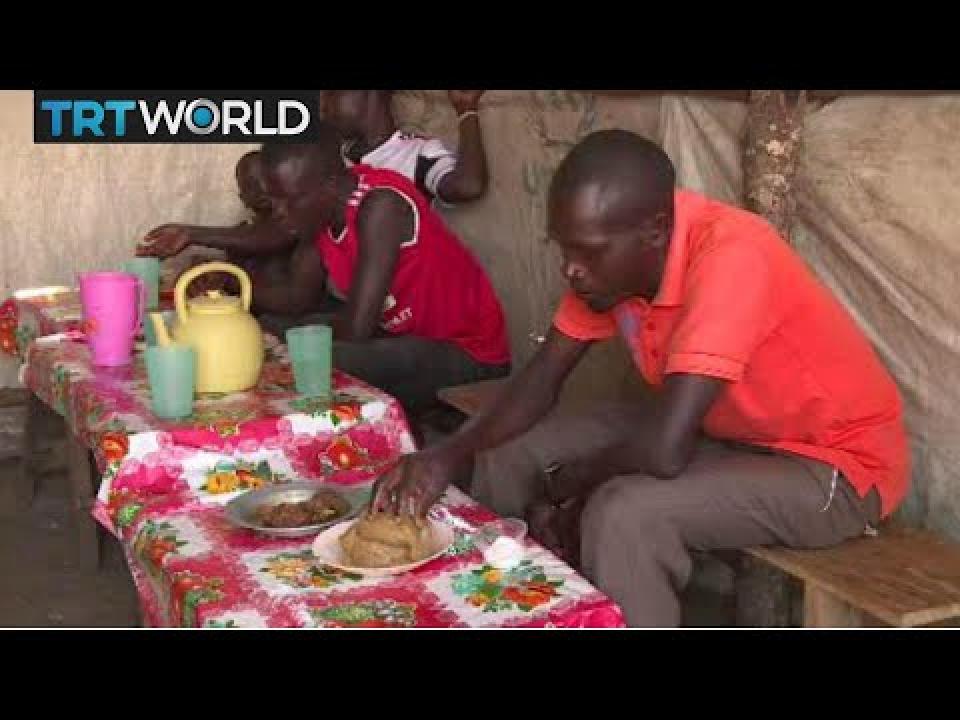
Working together for refugees: not exactly what you think it is
By Colin Dyer
Cover Photo: There are 80,000 people living in Za'atari Refugee Camp in Jordan. Many of them have been there since the start of the Syrian war, eight years ago. Theodore Sam/World Vision
I have a confession. Somewhere in my mind I know that there are a lot of people in refugee camps and other makeshift settlements. I also know this is because of a crisis or some other challenge that made it impossible to stay where they would call home. What I didn’t know enough about until recently, despite working for World Vision – albeit in a different field of development – is the sheer scale and the spread of this situation.
Did you know that the average time a refugee lives in exile is 10 years [2]?
It shocked me to hear it in those terms and my mind instantly goes to the challenge for refugees but also means the communities and families who host them.
In December 2018 the UN General Assembly affirmed the 'Global Compact on Refugees,'[3] which sets out to find a positive, sustainable and empowering way forward. The compact has four key objectives:
-
Ease the pressures on host countries;
-
Enhance refugee self-reliance;
-
Expand access to third-country solutions;
-
Support conditions in countries of origin for return in safety and dignity.
In response, UNHCR and the World Bank's Partnership for Economic Inclusion (PEI) has launched the Poverty Alleviation Coalition of 11 organisations focused on increasing the income-generating opportunities of refugees and host communities.
Our first step was to agree to adopt the development project model known as the 'Graduation Approach,' or Ultra-Poor Graduation. This will drive our efforts to build capacity and ease economic pressure on host and refugee communities, focusing on consumption support and market-driven skills development for self and wage employment. Key to the programme are cash/asset transfers and access to savings, financial inclusion, social and legal services.
Each stage of the programme is 18-36 months long during which time, development facilitators will coach and mentor families to a point of predetermined 'graduation' where the household is able to become more resilient and self-reliant.
By identifying target areas where coalition members have access and specialised skills such as technical capacity, together we are aiming to help more than 500,000 households in 35 countries over a five-year period (2020- 2025).

It is an ambitious plan, and I must admit I was a little sceptical as to how 11 friendly but different NGOs would come together around one challenge. But, I have been pleasantly surprised with the commitment to joint working. Could deliberate and considered partnering be promoted more intentionally when considering approaches towards the big issues of poverty and inclusion? No one individual or organisation will ever have all the answers on any one issue. To think otherwise might be considered presumptuous, or just plain arrogant.
Ultimately, it's about bringing some hope, dignity and a future to the children, women and men away from their homes, longing to return, and the families who host them for years.
